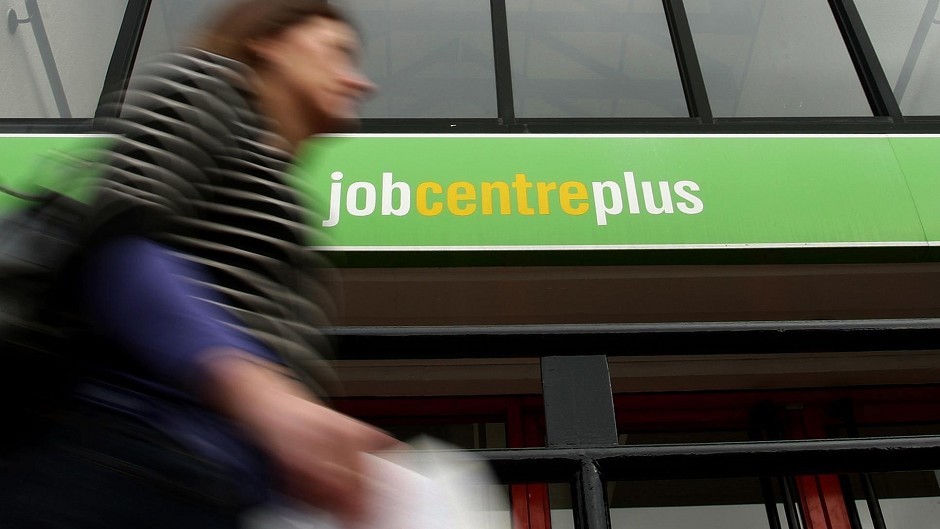The number of disabled, lone parents, women and young people in Scotland who have had their benefits “sanctioned” has soared in the past four years.
New figures show that lone parents have been hit the hardest with a staggering 563% increase since 2009 in the number who have had their benefits taken away.
People hit by sanctions can have their benefits taken away for anything from one week to three years for a variety of reasons, such as missing or being late for Job Centre appointments or not being able to demonstrate they are seeking work.
Last month a report from an influential Scottish Parliament committee concluded that sanctions can force people into a spiral of decline and potential destitution, undermining efforts to find work.
The increase in the number of people sanctioned were disclosed in a parliamentary answer to Aberdeen Central SNP MSP Kevin Stewart.
“These figures show a staggering increase in the number of people being hit by Westminster’s deeply unfair benefit sanctions,” he said.
“It’s seriously worrying that lone parents are the hardest hit group, with a 563% increase since 2009. This sets alarm bells ringing about the impact that this policy will be having on children across Scotland.
“The 65% increase in disabled people being hit is also cause for major concern. The welfare system should be supporting and empowering people with disabilities, not making life more difficult for them.
“Women already bear the brunt of welfare cuts, with 69% of planned cuts falling on them – these figures show that despite David Cameron’s attempts to appear to be taking action on equality, the number of women being sanctioned is up by three quarters.”
The Department of Works and Pensions spokesman said people can appeal against the loss of their benefit.
“Sanctions are only used as a last resort, but it’s only right that people claiming benefits should do everything they can to find work, if they are able,” he said.
“We make it clear to people at the start of their claim what the rules are and that they risk losing their benefits if they don’t play by them.
“People who are in genuine need can apply for hardship payments. If someone disagrees with a decision made on their claim, they can appeal.”
